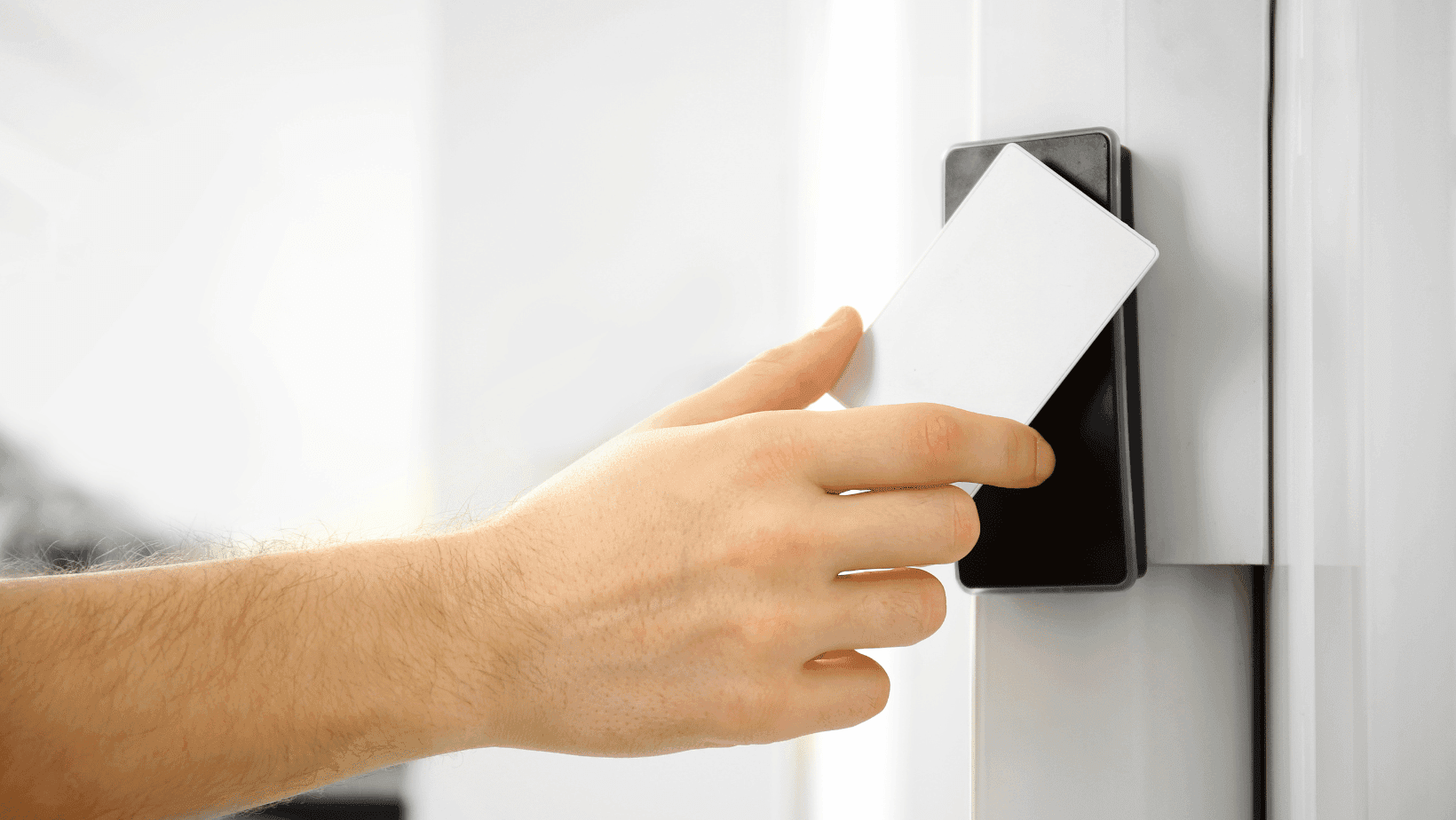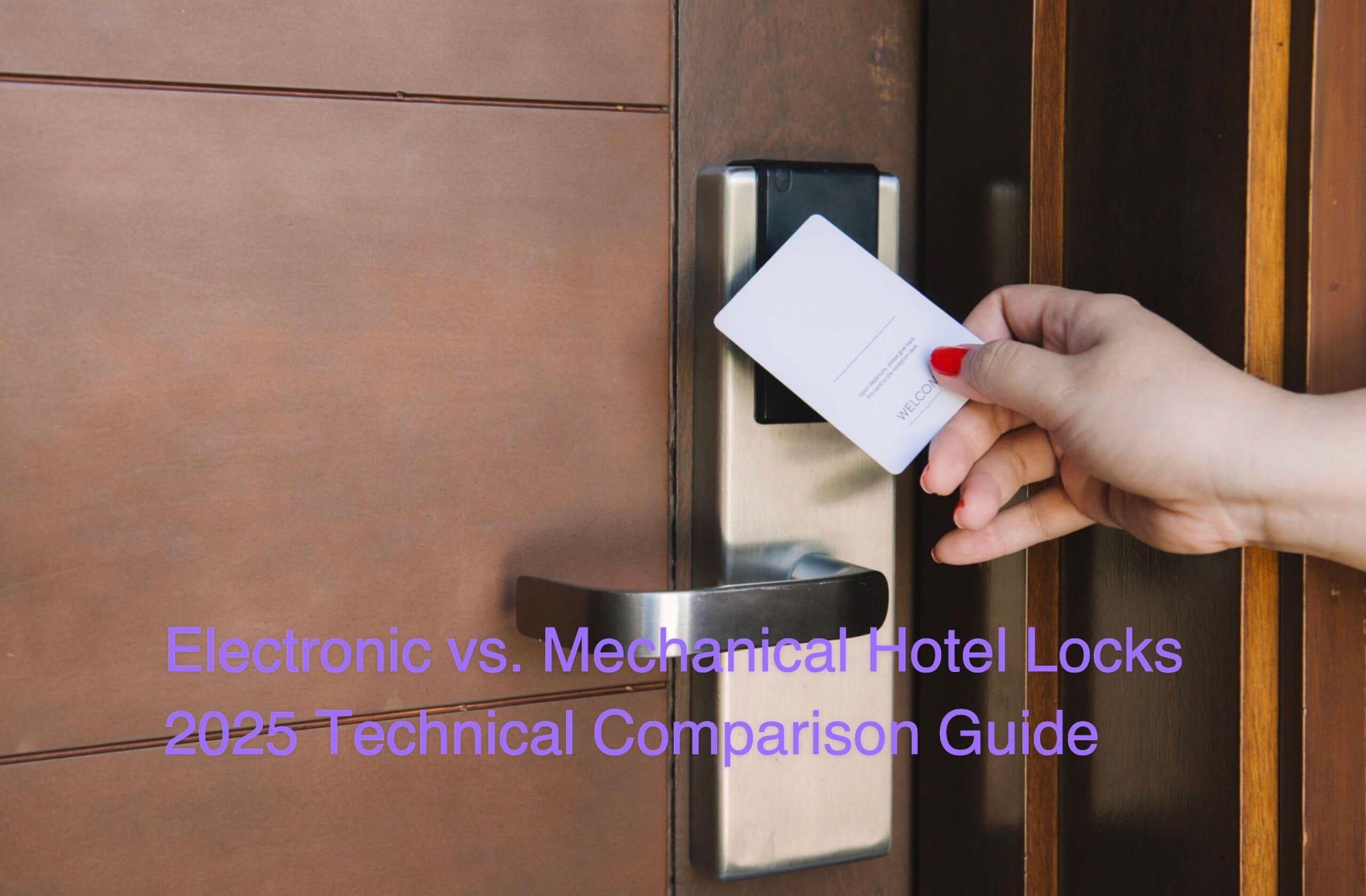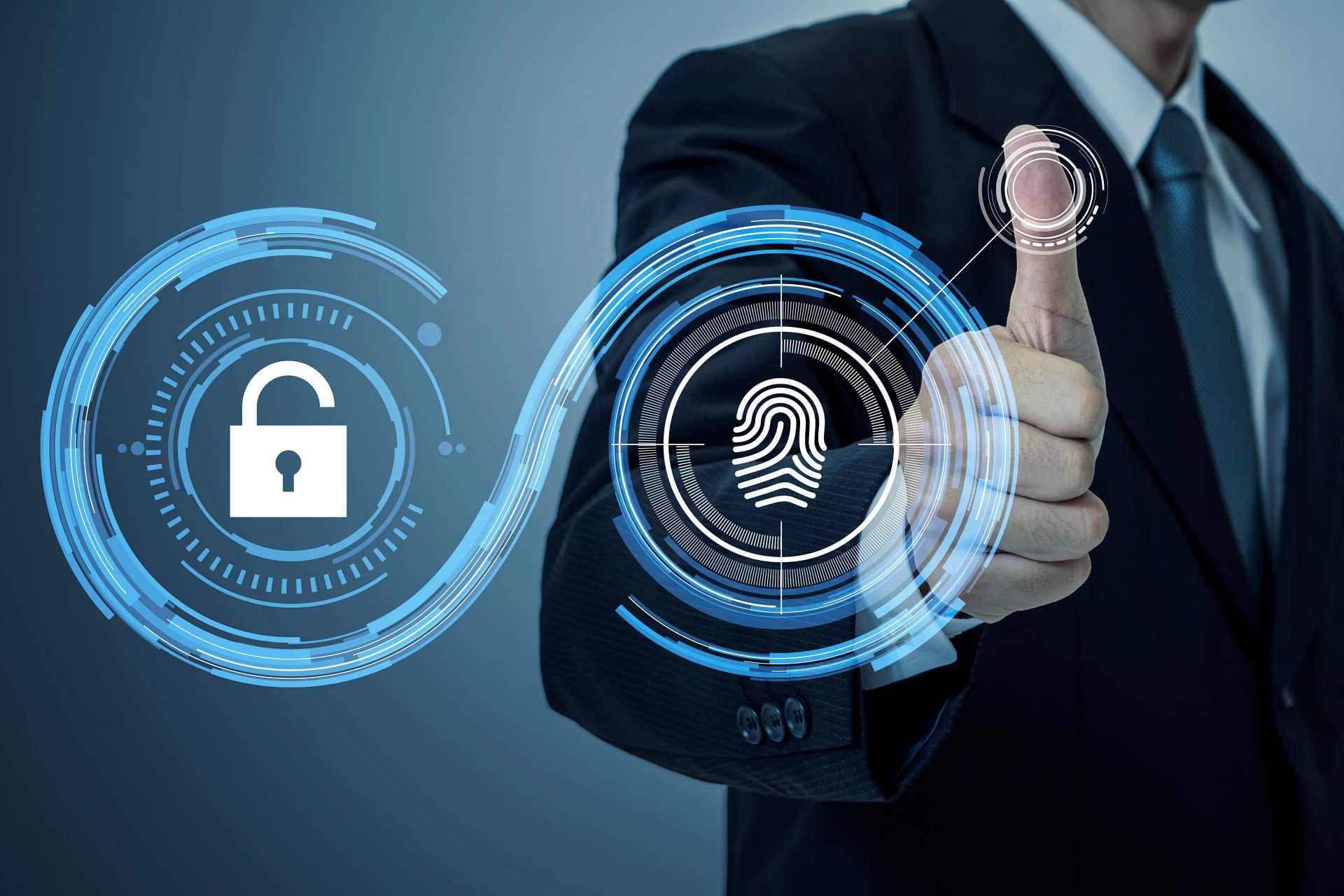Checking into a hotel should be the start of a relaxing and enjoyable experience. But in the excitement of arriving at your destination, it’s easy to forget about the importance of hotel room security. A lapse in security can quickly turn a dream vacation into a nightmare. Did you know that hotel room theft is a significant problem, with guests often losing valuable belongings? Taking a few extra precautions to secure your hotel room door can give you peace of mind and help protect you and your belongings.
Understanding Hotel Room Security
Basic Security Measures
Hotels employ various measures to protect their guests:
- Security Personnel: Many hotels have security guards on duty, especially in larger properties or high-crime areas.
- Surveillance Systems: CCTV cameras in public areas deter crime and aid investigations.
- Electronic Keycard Systems: These provide better security than traditional keys and can be easily deactivated if lost.
- In-Room Safes: Available for storing valuables securely.
Types of Hotel Room Doors and Locks
The security level of your room depends on the door and lock type:
- Standard Doors: Usually have a single deadbolt lock. While offering basic security, they may be vulnerable to forced entry.
- Connecting Rooms: Often feature double deadbolt locks and security chains for added protection.
- Fire Doors: Designed with self-closing mechanisms and fire-resistant materials for enhanced safety.
Guest Security Tips
To maximize your safety:
- Always use all available locks, including deadbolts and security chains.
- Verify visitors through the peephole before opening the door.
- Store valuables in the room safe or at the front desk.
- Be aware of your surroundings and report any suspicious activity to hotel staff.
Understanding these security measures and door types, along with following personal safety practices, can significantly enhance your hotel stay security.
10 Essential Tips to Secure Your Hotel Room Door
Ensure a safer hotel stay with these expert-recommended security measures:
1. Choose a Secure Hotel
Look for hotels with:
- Well-lit entrances
- Visible security personnel
- Positive safety reviews
2. Opt for Upper Floor Rooms
Higher floors are less accessible to intruders, enhancing your safety.
3. Inspect Door and Locks
Upon arrival, check:
- Door frame integrity
- Deadbolt functionality
- Hinge security
4. Use All Locking Mechanisms
Engage every available lock, including:
- Deadbolt
- Chain lock
- Additional security features
Expert Tip: “Even a simple chain lock can buy you crucial time in an emergency,” notes John Doe, hotel security consultant.
5. Verify Visitors
Never open your door to strangers. Always call the front desk to confirm staff identity.
6. Secure Connecting Doors
For rooms with connecting doors:
- Ensure both sides are locked
- Consider using a portable doorstop alarm
7. Reinforce Sliding Doors
For rooms with sliding glass doors:
- Verify the lock works
- Use a security bar for extra protection
8. Keep Your Door Closed
Avoid propping your door open, even briefly, to prevent unauthorized access.
9. Be Discreet with Room Numbers
Protect your privacy:
- Speak quietly about your room number
- Show your keycard instead of saying the number aloud
10. Safeguard Valuables
Use in-room safes or hotel deposit boxes for important items like:
- Passports
- Jewelry
- Electronics
Industry Insight: A recent American Hotel & Lodging Association study found that hotels with electronic keycards and in-room safes reported significantly fewer theft incidents.
Safety Tips for Solo Travelers
Traveling alone can be an empowering experience, but it’s crucial to prioritize your safety. Follow these expert-recommended solo travel safety tips to ensure a secure and enjoyable journey:
Choose Secure Accommodation
Select hotels with 24/7 security and well-lit public areas. According to a recent travel safety survey, 85% of solo travelers feel safer in accommodations with round-the-clock security personnel.
Strategic Room Selection
Book a room near an elevator. These rooms are typically in more visible areas, deterring potential threats and providing quicker access to help if needed.
Stay Alert
Remain aware of your surroundings, especially at night or in unfamiliar locations. Travel expert John Smith advises, “Trust your instincts. If a situation feels unsafe, remove yourself immediately.”
Protect Your Privacy
Limit sharing personal information with strangers and avoid posting real-time updates of your whereabouts on social media. This reduces the risk of someone tracking your movements.
Implement a Buddy System
Share your itinerary with trusted friends or family members and check in with them regularly. Consider using safety apps designed for solo travelers, which can track your location and alert contacts in emergencies.
By following these secure solo adventure strategies, you’ll significantly enhance your safety while enjoying the freedom and personal growth that solo travel offers.
Advanced Hotel Room Security Features
Technology continues to advance, and with it, hotel security features. Here are some advanced security features you may find in modern hotels:
- Mobile Key Technology: Guests can use their smartphones as digital keys to unlock their rooms. This technology enhances convenience and reduces the risk of lost or stolen keycards.
- Biometric Locks: Hotels are increasingly adopting biometric locks, such as fingerprint scanners or facial recognition, to provide an even higher level of security.
- Hotel Security Apps: Many hotels now offer mobile apps with security features, such as panic buttons, emergency contact information, and in-app messaging for communication with hotel staff.
Mobile Key vs. Biometric Locks: Which is Right for You?
| Feature | Mobile Key | Biometric Lock |
|---|---|---|
| Convenience | High; no need to carry a physical keycard | High; no need for keys or cards |
| Security | Good; can be vulnerable to phone hacking | Excellent; difficult to replicate biometric data |
| Accessibility | Wide; most smartphones are compatible | Limited; requires specific hardware and may not be suitable for all guests |
| Cost | Lower; often integrated with existing hotel apps | Higher; requires specialized equipment and installation |
Hotel Security: The Bigger Picture
Hotel security is a shared responsibility between hotels and guests. Here’s how hotels contribute to creating a safe environment:
- Staff Training: Hotels should provide comprehensive training for their staff on security protocols, emergency procedures, and guest safety guidelines.
- Security Audits: Regularly conducting security audits helps identify vulnerabilities and improve security measures.
- Emergency Preparedness: Hotels should have clear emergency plans in place for situations like fires, natural disasters, or security threats.
Guest Responsibilities
Guests also have a role to play in ensuring their own safety:
- Report Suspicious Activity: If you notice any suspicious activity or individuals, immediately report it to hotel security or the front desk.
- Be Aware of Fire Exits: Familiarize yourself with the location of fire exits and emergency procedures upon check-in.
- Don’t Leave Valuables Unattended: Keep your belongings secure and don’t leave valuables unattended in public areas.
Case Study
Swissôtel Wellness Resort Alatau Almaty, a luxury resort known for its commitment to guest safety, implemented a comprehensive security upgrade that included:
- Upgrading to a state-of-the-art electronic keycard system with enhanced encryption and access control features.
- Installing high-resolution CCTV cameras in all public areas and hallways.
- Providing in-room safes with advanced locking mechanisms in all guest rooms.
- Implementing mandatory security training programs for all staff members.
As a result of these investments, Swissôtel Wellness Resort Alatau Almaty experienced:
- A 25% reduction in reported guest incidents.
- A 10% increase in guest satisfaction ratings related to security and safety.
- A strengthened brand reputation as a secure and trustworthy destination.
This case study demonstrates how investing in robust security measures can not only protect guests but also improve overall business performance.
Conclusion
Securing your hotel room door is a simple yet crucial step in ensuring a safe and enjoyable travel experience. By following these 10 essential tips, being aware of advanced security features, and understanding the broader context of hotel security, you can significantly enhance your safety during your next trip.
Remember, it’s always better to be safe than sorry. Take the time to implement these precautions, and enjoy your travels with peace of mind.









